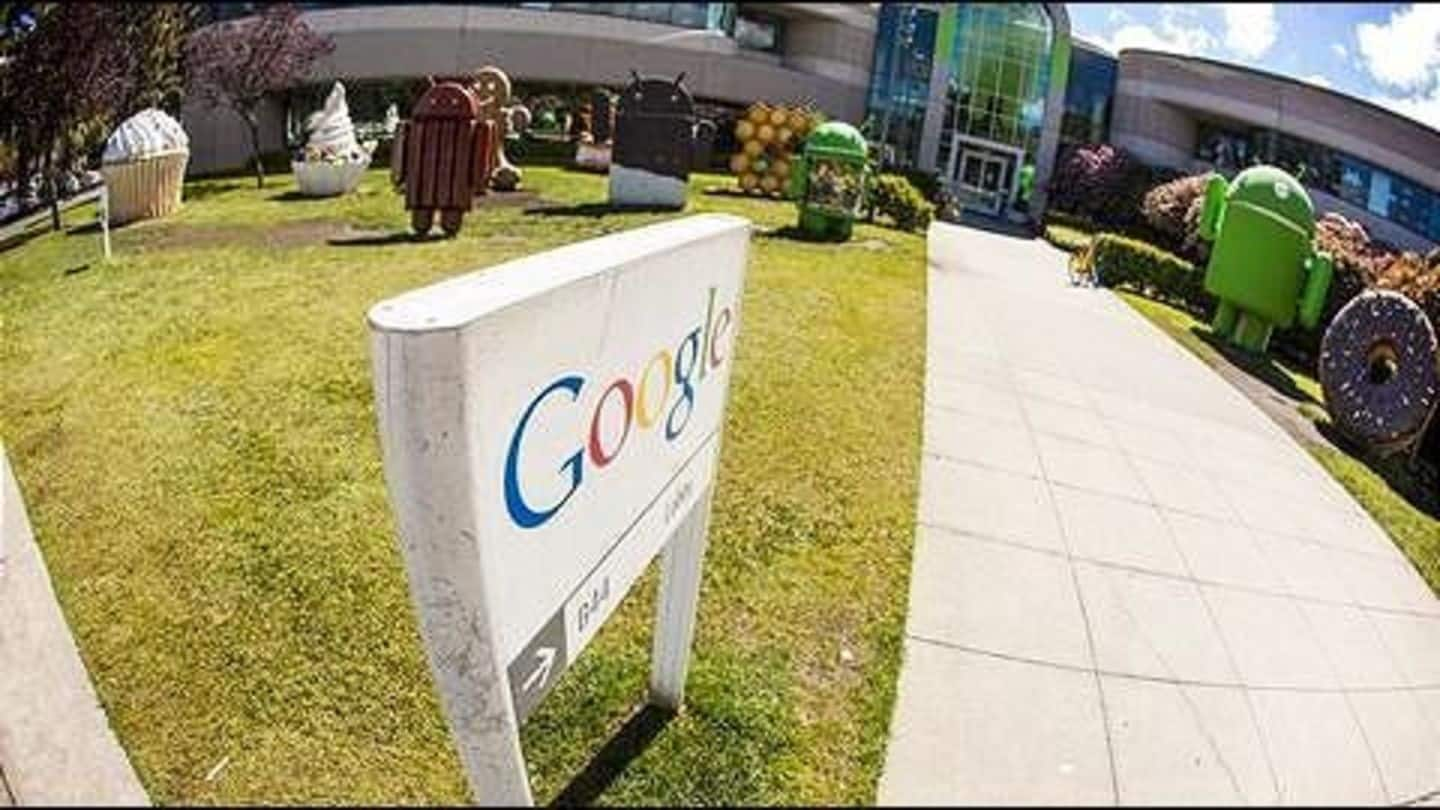
How Google pays academicians to buy "influence"
What's the story
With its tentacles spread into everything, way beyond the Internet, Google has become extremely powerful and influential.
But did you know that Google pays to expand its influence?
The Wall Street Journal has found that Google has quietly been funding leading universities' academics/researchers to sway opinion and public policy.
It paid $5,000-400,000 for research papers to help its battle against regulators.
Know more!
The Secret Program
Professors from Harvard University, University of California also funded
Google's been supporting academic communities at universities working on research involving its businesses through the little-known program.
Interestingly, despite funding 100 such papers since 2009, Google's contributions often remain undisclosed.
A former employee said Google had a "wishlist" of papers (including their titles, abstracts, and budgets) it wanted to see "produced" and used the same to find researchers willing to work on the projects.
How it Works?
Research measures expenses relatively small for Google
According to the Wall Street Journal (WSJ), researchers share their work with Google before publication for feedback.
A former Google lobbyist said the company then promotes papers to administration officials and influencers and pays for the researchers' travel to meet government officials/congressional aides.
Its expenditure on research-related activities is in millions, which is quite less compared to $80bn it receives only from ad sales.
Privacy Issues
Some published papers that supported Google's views on privacy
Google collects rich consumer data through its enterprises like Gmail, Google Maps, and YouTube, which privacy advocates disagree with.
So, funded professors argued through their papers that user data was " fair exchange" for Google's free services.
Similar papers suggest how users could be better informed about "exposing" their data.
Works include papers on artificial intelligence, robotics, and surveillance among others.
Information
Campaign supports lobbying operations to influence decision makers
Most research is used to aid Google's battle against regulators. In Sep'12, Federal Trade Commission was ascertaining whether to charge the company with antitrust violations for favoring its services in search results. Then, Google sent research papers to FTC, supporting its case and deflecting accusations.
Copyrights
Of intellectual property, copyrights, patents
Papers also support Google should be allowed to access and link to books/intellectual property, which publishers and authors argue should be paid for.
WSJ's owner News Corp also complained about the way Google's search results handle news.
To fight patent infringement allegations by Apple, Microsoft, and Oracle, several papers argued for "looser interpretation" of patent-laws, showcasing how Google allows others to use its technology.
Who pays the price?
Participating professors pay too high a price
In 2010, Google hired Deven Desai, who spent $2mn of Google's money to find academicians for writing "helpful" papers.
The price is low for Google but the participating academics pay a very high price.
Some academics say favorable academic research creates an impression that "academics are lobbyists rather than scholars."
Critics say it undermines academic credibility.
Quote
We've maintained strong relations with universities, research institutes: Google
According to the Wall Street Journal, Google justified its academic influence campaign by saying: "We're happy to support academic researchers across computer science and policy topics, including copyright, free expression, and surveillance, and to help amplify voices that support the principles of an open internet."